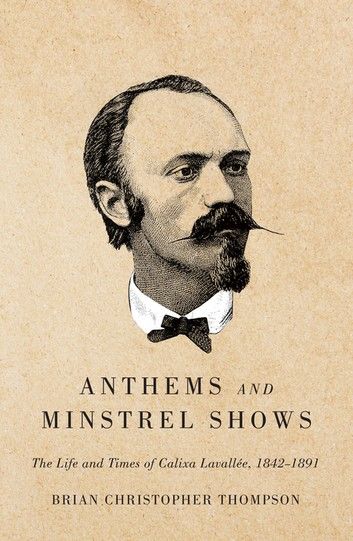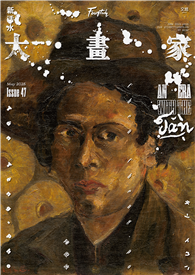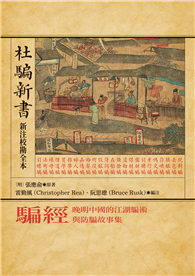Calixa Lavallée, the composer of “O Canada,” was the first Canadian-born musician to achieve an international reputation. While primarily remembered for the national anthem, Lavallée and his work extended well beyond Canada, and he played a multitude of roles in North American music as a composer, conductor, administrator, instrumentalist, educator, and critic. In Anthems and Minstrel Shows, Brian Thompson analyzes Lavallée’s music, letters, and published writings, as well as newspapers and music magazines of the time, to provide a detailed account of musical life in nineteenth-century North America and the relationship between music and nation. Leaving Quebec at age sixteen, Lavallée travelled widely for a decade as musical director of a minstrel troupe, and spent a year as a bandsman in the Union Army. Later, as a performer and conductor, he built a repertoire that prepared audiences for the intellectually challenging music of European composers and new music by his US contemporaries. His own music extended from national songs to comic operas, and instrumental music, as he shifted between the worlds of classical and popular music. Previously portrayed as a humble French Canadian forced into exile by ignorance and injustice, Lavallée emerges here as ambitious, radical, bohemian, and fully engaged with the musical, social, and political currents of his time. While nationalism and nation-building are central to this story, Anthems and Minstrel Shows asks to which nation – or nations – Lavallée and “O Canada” really belong.












